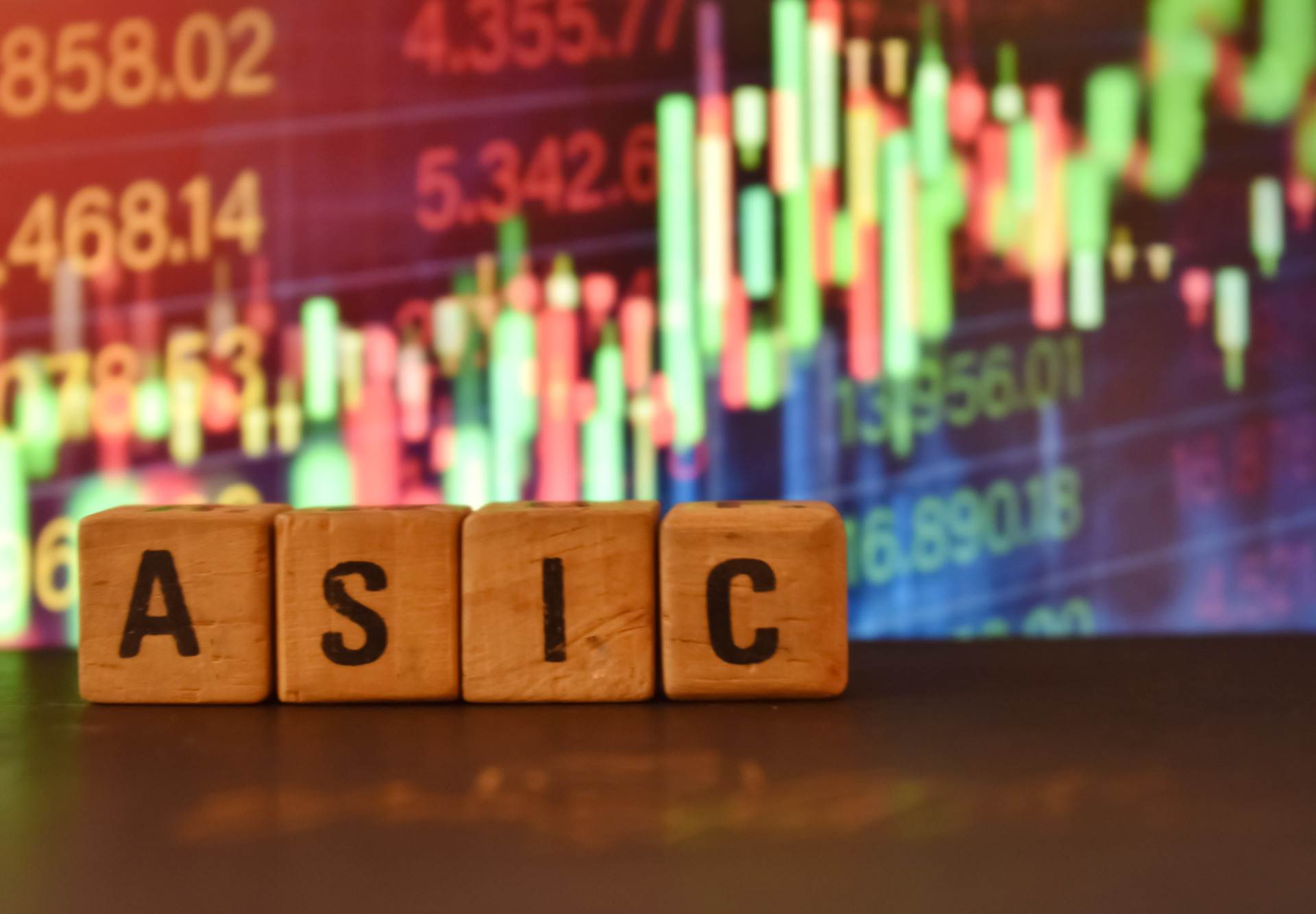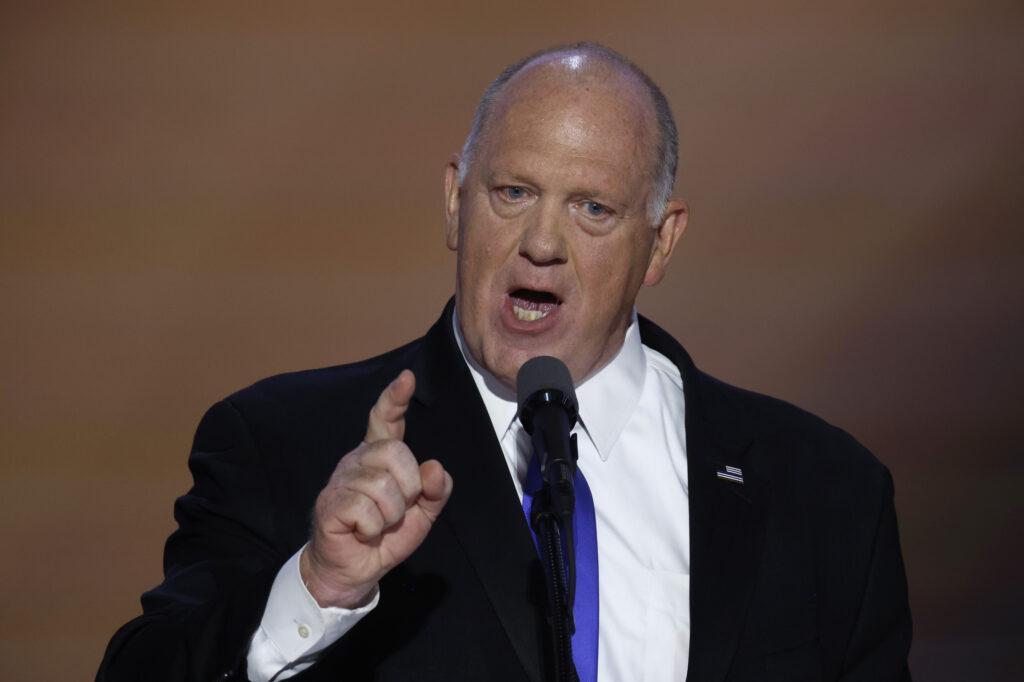ASIC Sounds Alarm to Sceptical Crowd at Sydney Digital Asset Event

Top Stories Tamfitronics
- ASIC Commissioner, Alan Kirkland, flagged that most crypto-based businesses in Australia will require a financial services licence to avoid litigation in remarks made at the AFR’s Crypto and Digital Assets Summit on Monday.
- Australia’s digital assets industry figures at the summit reacted with alarm to the comments, concerned this litigious approach coupled with Australia’s web3 legislative vacuum will continue to stifle innovation and drive developers overseas.
- The government says it’s working to develop high quality legislation, though it has no timeline for when we might see it introduced into parliament.
The alarm was triggered in Australia’s crypto industry, both literally and figuratively, after remarks from the Australian Securities and Investments Commission (ASIC) chief at the Australian Financial Review’s (AFR) Crypto and Digital Assets Summit on Monday.
In a discussion with the AFR reporter Max Mason, ASIC commissioner Alan Kirkland said most crypto businesses will need a financial services licence to operate, claiming this will minimise their risk of litigation. That sparked fear among Australia’s crypto industry that the regulator’s litigious approach to regulation was set to continue, something which is likely to further stifle innovation and may drive crypto startups offshore to friendlier jurisdictions.
Coincidentally, just after Kirkland left the stage a fire alarm went off, almost as if the industry’s concern following his comments had become so palpable they spontaneously took physical form.
Related: ASIC Says All Crypto Start-Ups Must Have Financial Services Licence
ASIC Taking Regulation Through Enforcement Style Approach
Much like the Securities and Exchange Commission (SEC) in the US, ASIC is essentially taking a regulation through enforcement approach to crypto. So far the regulator has primarily targeted operators who don’t have Australian Financial Services Licences (AFSL), resulting in the recommendation from ASIC commissioner Alan Kirkland that essentially all crypto businesses should be licensed.
However, even businesses who’ve worked closely with ASIC while developing products have faced enforcement actions. While building its Finder Wallet product, Finder asked ASIC if it would need an AFSL, ASIC said it would not. Later, ASIC sued Finder for offering the product to consumers without the appropriate licences.
One of the key reasons for this regulation through enforcement approach is a lack of relevant legislation. The Australian digital assets industry is currently expected to comply with the nation’s corporations law, which was penned eight years before the launch of Bitcoin.
Commenting on Australia’s legislative vacuum the founder of Finder, Fred Schebester, said:
It would be a really good idea to try and update the law, as opposed to suing organisations and crushing the Australian economy and killing our innovation.
 Fred Schebester, Founder of Finder
Fred Schebester, Founder of Finder
Crypto Pundits Call for Legislative Action
In a panel discussion following Kirkland’s remarks several prominent figures in Australia’s crypto industry highlighted the urgent need for updated legislation to create a regulatory environment in which web3 businesses have some certainty.
Former Treasury digital assets adviser, Chloe White, who is currently helping the Dubai government develop its crypto ecosystem, said that Australia was a long way from achieving even the very basics of legislation governing digital assets:
There’s so much work that needs to be done just to get Australia up to some basic standard.
 Chloe White, Former Treasury digital assets adviser
Chloe White, Former Treasury digital assets adviser
White said that Australia desperately needs clear laws around crypto exchanges, crypto custody arrangements, anti-money laundering and crypto related financial advice.
The managing director of the Digital Economy Council of Australia, Amy-Rose Goodey, described how, due to the legal and regulatory uncertainty, businesses are currently developing cryptocurrency-based products in secret to avoid coming under the scrutiny of regulators:
Our start-ups are innovating in stealth mode behind closed doors, so that they’re not targeted.
 Amy-Rose Goodey, Managing director of the Digital Economy Council of Australia
Amy-Rose Goodey, Managing director of the Digital Economy Council of Australia
Goodey added that once the products are developed many founders plan to move overseas in order to avoid litigation from ASIC:
Once they build [a] product, they plan to go to Singapore or Dubai or even the US, depending on the election outcome.
 Amy-Rose Goodey, Managing director of the Digital Economy Council of Australia
Amy-Rose Goodey, Managing director of the Digital Economy Council of Australia
Federal Government Says Laws Are Coming…Eventually
The Albanese government said last year that draft legislation requiring crypto exchanges to have financial services licences would be released in 2024, but that’s now looking unlikely.
Speaking to the AFR about the need for updated laws governing crypto, the government’s special envoy for cybersecurity and digital resilience, Andrew Charlton, said that blockchain tech has the potential to dramatically boost productivity across many sectors of the Australian economy:
This is one of the biggest productivity opportunities the world has in front of it. We all look forward to a world where payments are instant, invisible, and free, and digital asset technology is the pathway towards that future.
 Andrew Charlton, Australian Government’s special envoy for cybersecurity and digital resilience
Andrew Charlton, Australian Government’s special envoy for cybersecurity and digital resilience
Related: ASIC Sues ASX for Misleading Statements on Failed Blockchain Project; Exchange Faces Potential AU$500 Million Fine
Despite recognising the importance of blockchain and crypto, Charlton couldn’t put a timeframe on when we might see new legislation, saying “this reform is very important to the government, but we’re also working to get it right.”
Unsurprisingly, the opposition have been critical of the government’s delay in tabling legislation, with Liberal MP Andrew Bragg saying:
We’re now in a shocking situation where, effectively, the regulator is trying to step in and do part of the job of the legislature, which is very dangerous for the country.
 Andrew Bragg, Liberal Member of Parliament
Andrew Bragg, Liberal Member of Parliament
Discover more from Tamfis Nigeria Lmited
Subscribe to get the latest posts sent to your email.



 Hot Deals
Hot Deals Shopfinish
Shopfinish Shop
Shop Appliances
Appliances Babies & Kids
Babies & Kids Best Selling
Best Selling Books
Books Consumer Electronics
Consumer Electronics Furniture
Furniture Home & Kitchen
Home & Kitchen Jewelry
Jewelry Luxury & Beauty
Luxury & Beauty Shoes
Shoes Training & Certifications
Training & Certifications Wears & Clothings
Wears & Clothings
















